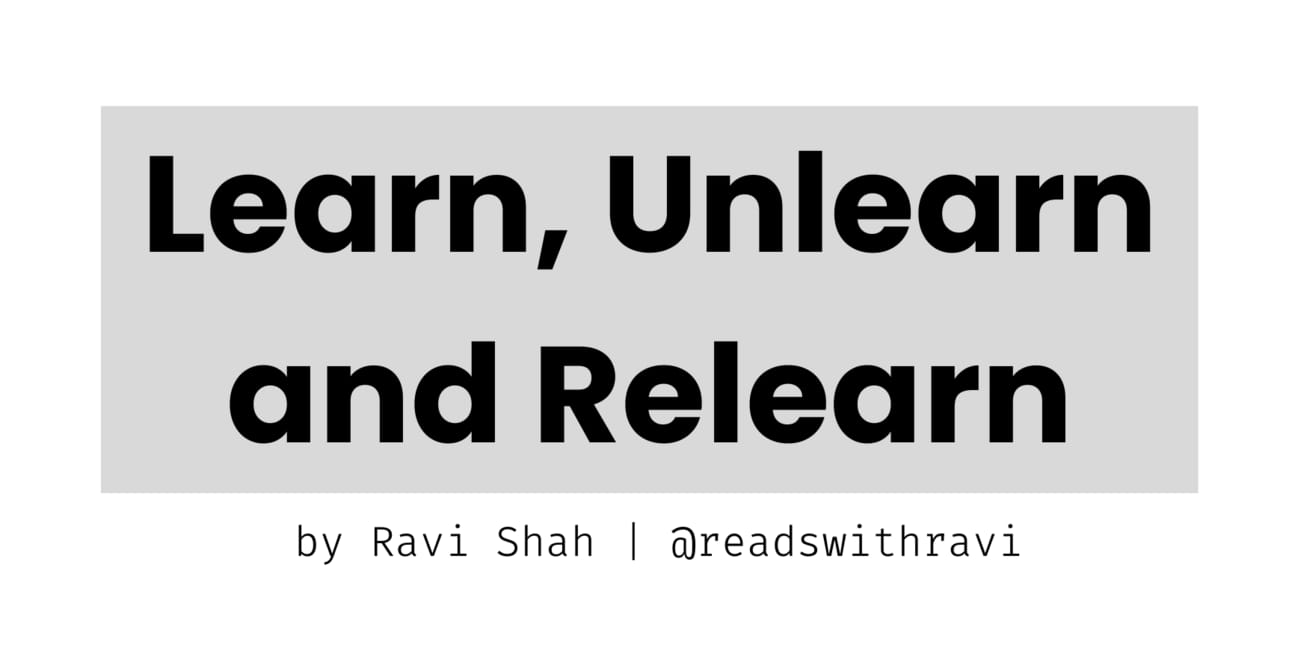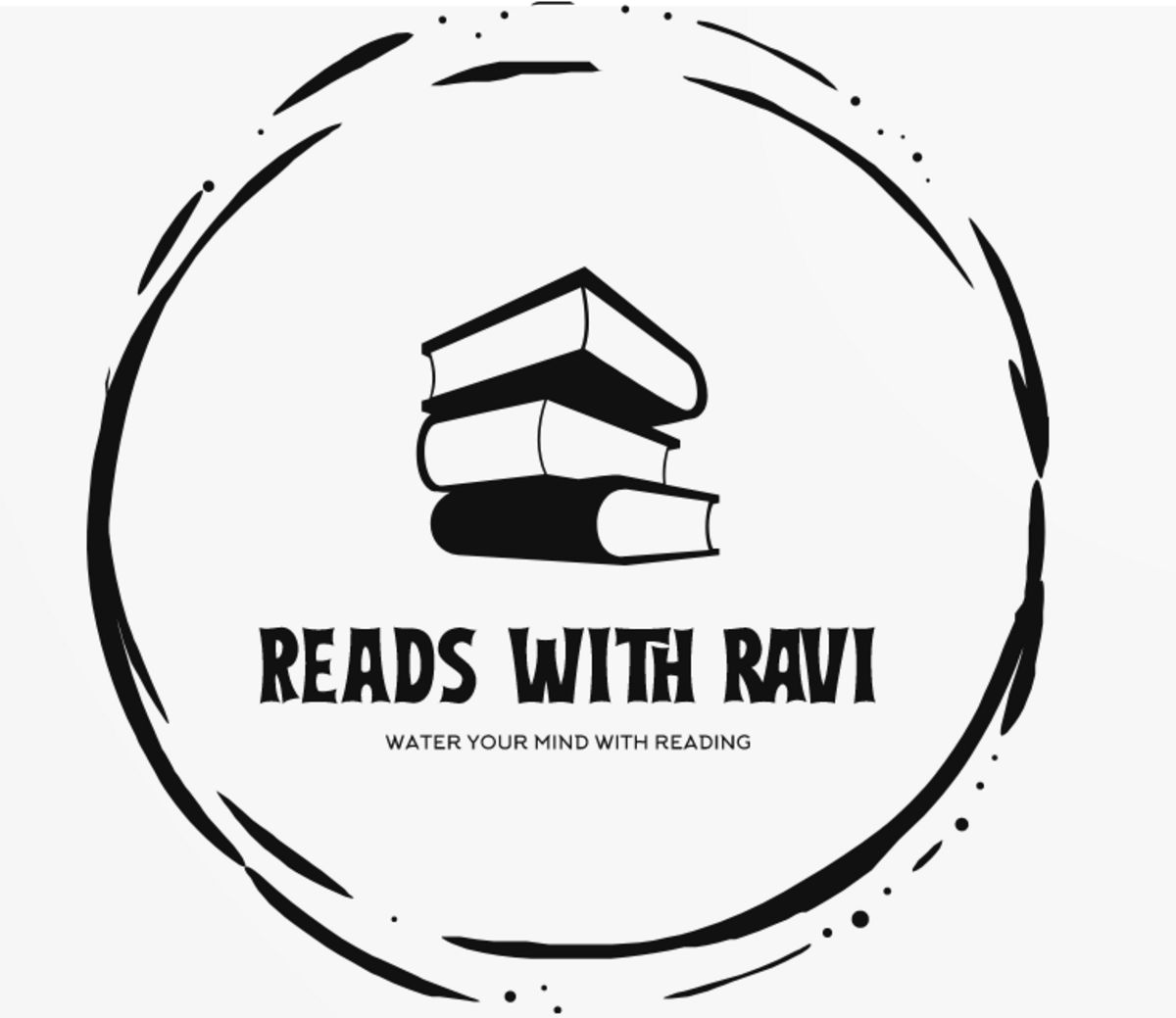
Receive Honest News Today
Join over 4 million Americans who start their day with 1440 – your daily digest for unbiased, fact-centric news. From politics to sports, we cover it all by analyzing over 100 sources. Our concise, 5-minute read lands in your inbox each morning at no cost. Experience news without the noise; let 1440 help you make up your own mind. Sign up now and invite your friends and family to be part of the informed.
Happy Thursday folks!
Here is my favorite passage of the week, two quotes and book of the week with two important lessons to ponder on:
Passage of the Week:
American psychiatrist and Writer Anna Lembke on key to well-being:

From Dopamine Nation by Dr. Anna Lembke
Two Quotes:
“Your purpose is not the thing you do. It is the thing that happens in others when you do what you do.”
“What we choose to focus on and what we choose to ignore plays in defining the quality of our life.”
Book of the Week with 2 Important Lessons:
The book of the week is The Obstacle is the Way: The Timeless Art of Turning Trials into Triumph by Ryan Holiday.

This book shares with us the collective wisdom of ancient philosophers and greatest thinkers in order to help us accomplish the very specific and increasingly urgent goal we all share: overcoming obstacles. Mental obstacles. Physical obstacles. Emotional obstacles. Perceived obstacles.
Overcoming obstacles is a discipline of three critical steps. It’s three interdependent, interconnected, and fluidly contingent disciplines: Perception (it’s how we see, understand what occurs around us and what we decide those events will mean), Action (everything must be done in the service of the whole), and the Will (our internal power, which can never be affected by the outside world).
The book contains ruthless pragmatism and stories from history that illustrate the arts of relentless persistence and indefatigable ingenuity. It teaches us how to turn the many negative situations we encounter in our lives into positive ones. As Marcus Aurelius says, the impediment to action advances action. What stands in the way becomes the way.
Here are two important lessons from the book:
1) Recognize Your Power and Control Your Emotions:
We decide what we will make of each and every situation. We decide whether we’ll break or whether we’ll resist. We decide whether we’ll assent or reject. No one can force us to give up or to believe something that is untrue (such as, that a situation is absolutely hopeless or impossible to improve). Our perceptions are the thing that we’re in complete control of. Which is to say, we are never completely powerless.
Obstacles makes us emotional, but the only way we’ll survive or overcome them is by keeping those emotions in check, if we can keep steady no matter what happens, no matter how much external events may fluctuate.
The Greek had a word for this: apatheia. It’s the kind of calm equanimity that comes with the absence of irrational or extreme emotions. Not the loss of feeling altogether, just the loss of harmful, unhelpful kind. Don’t let the negativity in, don’t let those emotions even get started. Just say: No, thank you. I can’t afford to panic.
2) Get Moving:
In life, it doesn’t matter what happens to you or where you came from. It matter what you do with what happens and what you’ve been given. And the only way you’ll do anything spectacular is by using it all to your advantage.
We talk a lot about courage as a society, but we forget that as its most basic level it’s really just taking action: whether that’s approaching someone you’re intimidated by or deciding to finally crack a book on a subject you need to learn. All the greats you admire started by saying, Yes, let’s go. And they usually did it in less desirable circumstances than we’ll ever suffer.
Just because the conditions aren’t exactly to your liking, or you don’t feel ready yet, doesn’t mean you get a pass. If you want momentum, you’ll have to create it yourself, right now, by getting up and getting started.
Books I am currently reading:
Mistakes That Made Me a Millionaire: How to Transform Setbacks into Extraordinary Success by Kim Perell. In this book, Kim Perell shows how mistakes aren’t detours but stepping stones, offering a roadmap to bounce back with confidence and transform failures into opportunities.
How to Make Your Brain Your Best Friend by Rachel Barr. A delight-filled, evidence-based guide to taking better care of our brain; so it, in turn, will take better care of us.
Poems & Prayers by Matthew McConaughey. An inspiring, faith-filled, and often hilarious collection of personal poetry and prayers about navigating the rodeo of life and chasing down the original dream, belief.
READING TIP: Getting Out of a Reading Slump
When you find yourself in a reading slump, consider revisiting the books that once captivated you. Sometimes, stepping back onto comforting pages is the best way forward.
Revisiting books that once sparked joy can reignite your passion for reading. Familiar books require less mental energy to process, allowing you to relax in the act of reading, helping rebuild momentum and making you more open to tackling new books later.
Thank you for reading and all your support.
I am excited to keep bringing you the new and old books, great insights, and lessons.
Until next week, stay curious and happy reading!
— Ravi Shah | @readswithravi



